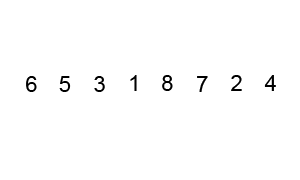This post is relative to week 3 of classes (Sept 23-27):
Many happy memories were brought back by this class. In grade 12 computer science the teacher gave us the opportunity to use whichever editor we wanted. I really liked the style of Sublime Text Editor, and used it as my primary coding platform. Since Sublime couldn't actually run the code from inside the editor, I was forced to run it in as a python module. This means that simple programs like:
print ("Hello World")
Would run for only a second, and close, regardless of any errors.
Choosing to use sublime meant I had to wrap my code if I wanted to be be able to problem solve. add this under any block of code I thought might cause problems:
while 1:
pass
Except Exception as e:
print (e)
Aside from the nostalgia of Sublime, that was my favourite class that year. The teacher would let me and my friends play Counter Strike on the school computers if we finished all the weekly work; we would play counterstrike monday-friday and do all the work at home.
Back to the present; the class material in CSC148 is still mostly review of past projects. I'm having thoughts of switching my major to CompSci but that is probably a mistake at this point. I'm taking most of the courses required for the program, so I can always make my decision after year 1.
